Van Life Manual - Part 5: The unglamorous stuff like parking, showers, toilets & more
The practical side of van life: where to park, shower, work, collect mail, use the bathroom — and how to stay clean (you and your van), connected, and comfortable.
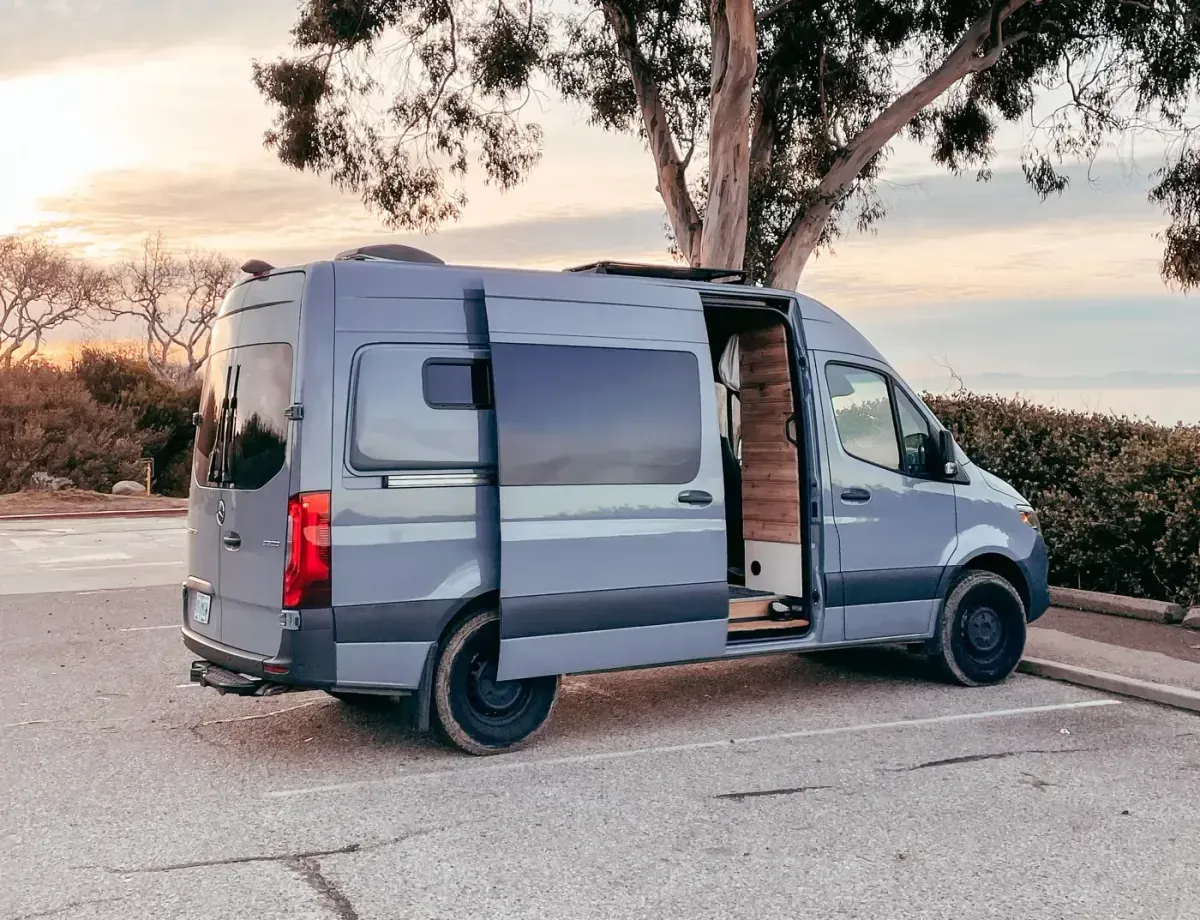
Let’s be honest, most of what we see online about van life and the people living it, is the highlight reel - that's partly why we prefer to mostly share just the rigs themselves, on our 'Campers and Camping' Instagram Account.
Gorgeous views, tidy vans, dreamy freedom. But behind the curtain? There’s a lot of planning, improvising, and Googling “where can I shower near me?”
In this part of our van life guide, we’re pulling back the curtain on how van life actually works, from where to park safely to finding WiFi, staying clean, and figuring out how to answer, when nature calls.
'Guide to Van Life' Table of Contents
- Is this lifestyle really for you?
- Choosing or building your camper van
- How much does van life cost — and can it save you money?
- Full-time vs. part-time van living: How to choose?
- The unglamorous stuff: parking, showers, toilets & more ← You are here
- Finding community and staying connected
Where can you sleep overnight in a camper van?
Free public land (aka “boondocking”)
BLM land, national forests, and other public lands are van life gold.
They're free, scenic, and quiet, just be ready for dirt roads and no facilities, which means consider having a 4x4 van with off road tyres, and an off-grid electrical / restroom setup.
→ Apps like iOverlander and Campendium help you find great spots.
Campgrounds (state, national, and private)
These offer varying levels of comfort. Expect to pay $20–$60/night. You’ll usually get toilets, water, and sometimes showers and laundry.
Overnight parking lots
Many Walmarts, Cracker Barrels, Cabela’s, casinos, and truck stops allow overnight stays. It’s not glamorous, and can make you feel a bit vulnerable, but they're generally safe and very convenient.
→ Be sure to Call ahead as not all locations allow it.
Private land (with permission)
Platforms like Harvest Hosts, Boondockers Welcome, and Hipcamp offer unique stays at farms, wineries, and private properties. Some are free with a membership; others charge a small nightly fee.
We love Harvest Hosts, because you get to experience the place you stay at, whether it's at a Vineyard, or a farm. A lot of the time you get to meet the wonderful people who own or run the places you stay.
Stealth camping in cities
This means parking on quiet streets, looking low-profile, and not making it obvious you’re sleeping there. No cooking, no lights, no music. Just park, sleep, and move on early.
→ Use tinted windows, blackout curtains, and a plain van exterior.
Where do you shower?
Unless your van has a built-in shower (which many don’t), unless you go with a long-wheel base van, here are your go-to options:
- Gyms (like Planet Fitness): Nationwide access, hot water, and a workout? Win-win.
- Campgrounds: Most have coin-op or free showers.
- Recreation areas: Lakes and beach parks often have outdoor showers.
- Truck stops: Clean, hot, and surprisingly nice (usually $12–15 per use).
- Spas, pools, or climbing gyms: A day pass = clean + relaxed.
💡 Some van lifers also carry solar showers or use portable sprayers if they need a quick rinse in remote areas.
We used to wash our face in our kitchen sink, and use wet wipes for under our arms, for extended periods of time with no showers.
How do you go to the bathroom?
Ah, the golden question.
Toilet options for van life:
- Composting toilet: Eco-friendly, low-odor, ideal for full-timers - this was our prefered choice
- Cassette toilet: Simple, portable, but needs frequent emptying
- Bucket + bag method: Low-cost and ultra-minimal (but not for everyone, for obvious reasons)
- Public restrooms: Found in parks, trailheads, gas stations, grocery stores
- Gym or campground restrooms: Reliable and often cleaner
- Deep in the wild?: Take a look at the Pact Outdoors Bathroom Kit
💡 Even if you have a toilet onboard, most people still prefer using public restrooms when available to avoid dealing with waste, so frequently.
Where can you get WiFi, or work online?
If you’re working remotely or just want to stay connected:
- Tether to your phone: As long as you’ve got good cell signal, using your cell phone hotspot, is the easiest option but check with your provider, to see whether you need to pay extra for hotspot data
- Use a dedicated hotspot device: A dedicated line just for data (and better speeds)
- WeBoost signal booster: Helps when you’re out in weak-signal areas - see all WeBoost options on Amazon.
- Starlink: The best option for high speed internet, literally anywhere in the wilderness, as long as you have a clear view of the skies, to avoid interrupted internet.
- Campgrounds, cafes, libraries, etc.: Just know that public WiFi isn’t always reliable or secure
Many van lifers carry two SIMs or data plans from different carriers (like Verizon + T-Mobile) to increase their coverage options.
How do you get mail? 📬
Receiving mail can be a bit trickier, but manageable:
- Have it sent / redirected to a friend or family member
- Use a virtual mailbox like Traveling Mailbox or Escapees: they scan your mail and forward what you want
- General Delivery at USPS: Works if you’re staying near a post office that offers it
- Rent a P.O. Box if you spend lots of time in one region
💡 Some virtual mailbox services even help you establish residency in a new state which can be useful for insurance, vehicle registration, and taxes.
What about trash, water, and laundry?
- Trash: Always pack it out. Gas stations, public parks, and rest stops often have trash cans.
- Water: Campgrounds often offer water to top up your water tanks, rest areas, some gas stations, or using apps like iOverlander
- Laundry: Laundromats, campground machines, or laundries in gyms, truck stops, or hotels, if you need to sleep in a real bed for a night.
Keeping on top of these basics is part of the rhythm of van life, it becomes second nature pretty quickly.
Up next…
In Part 6 (the final part), we’ll talk about how to stay connected with others and find your van life community. Because while solo freedom is great, shared experiences are what keep it meaningful.
We’ll cover online groups, meetups, apps, and how to build friendships on the road, without losing your independence.
to discover the best gear, healthy foods, and life outdoors.


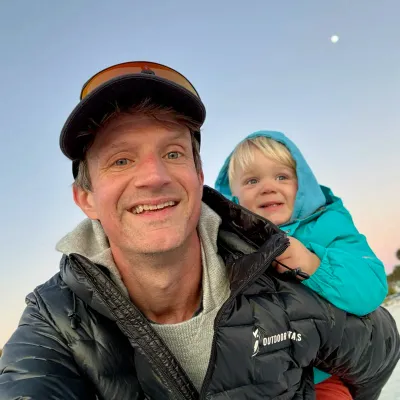

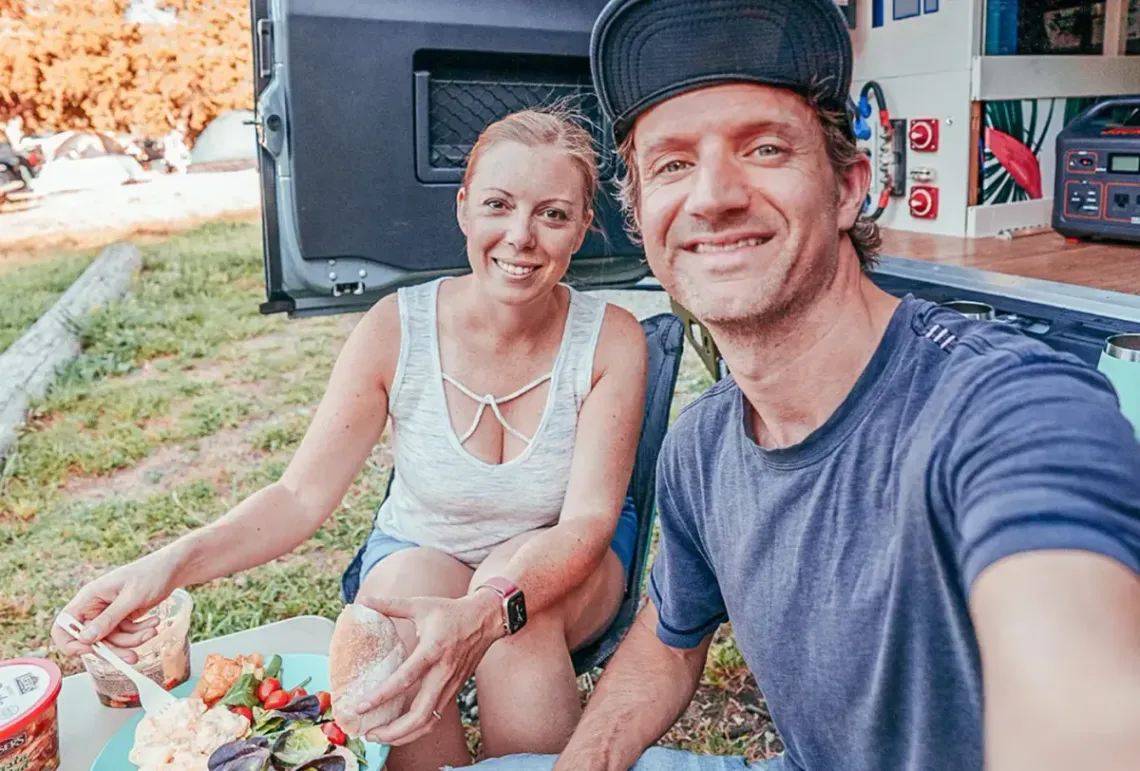

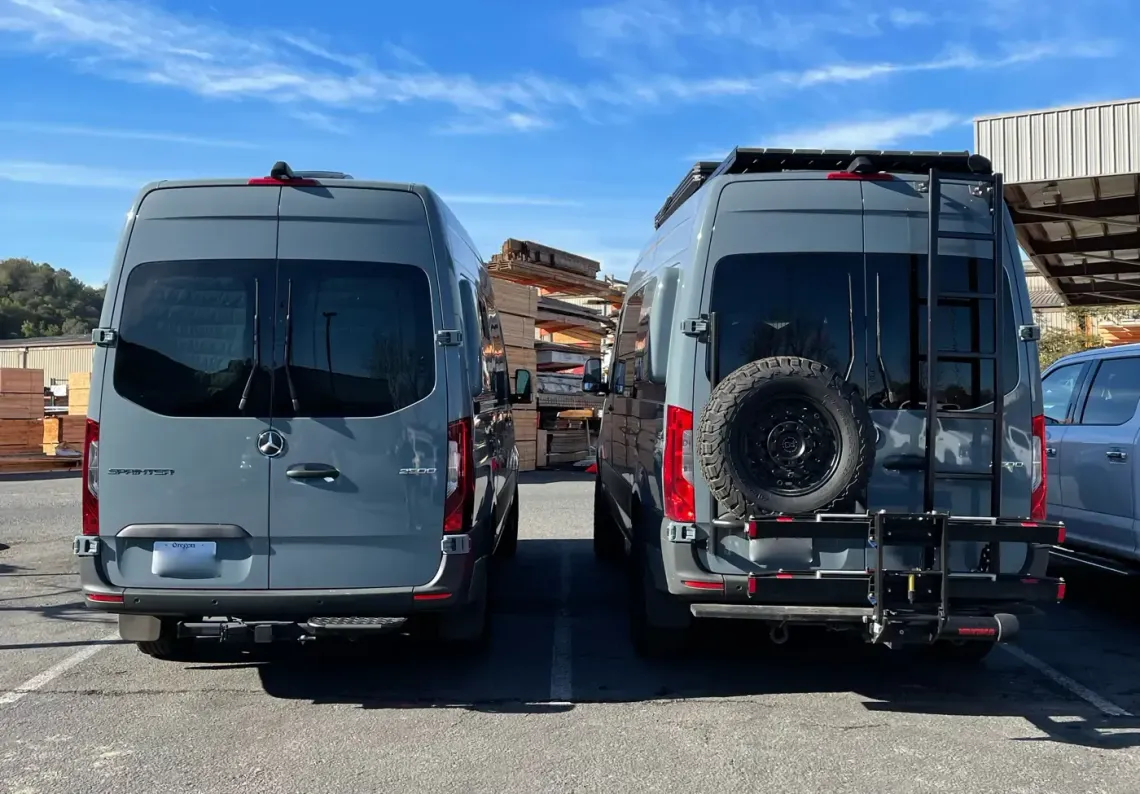

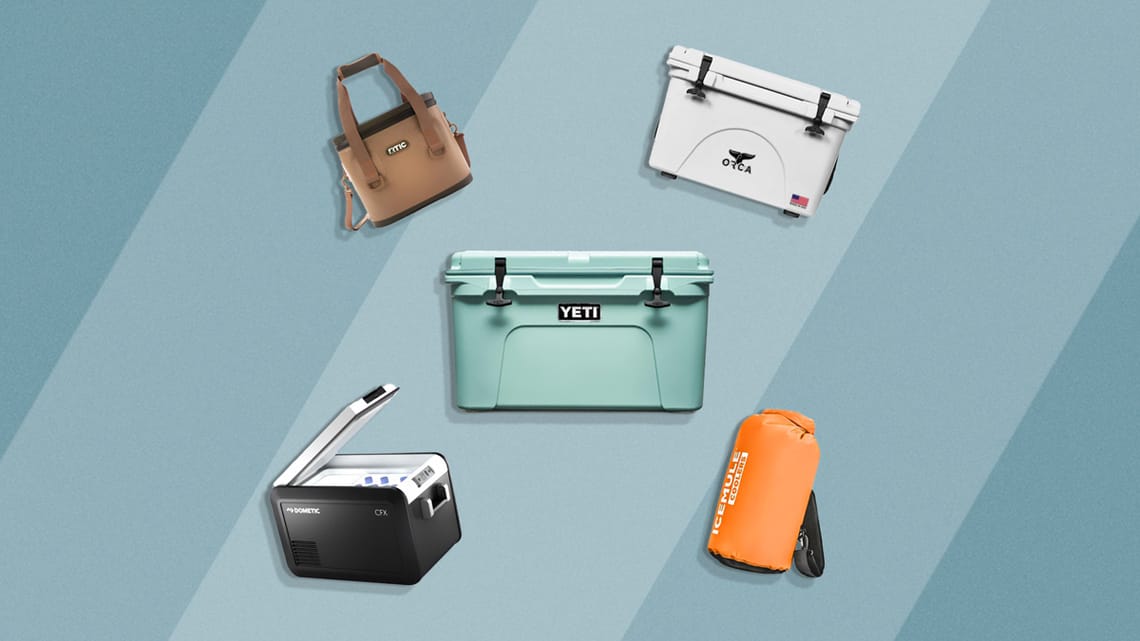

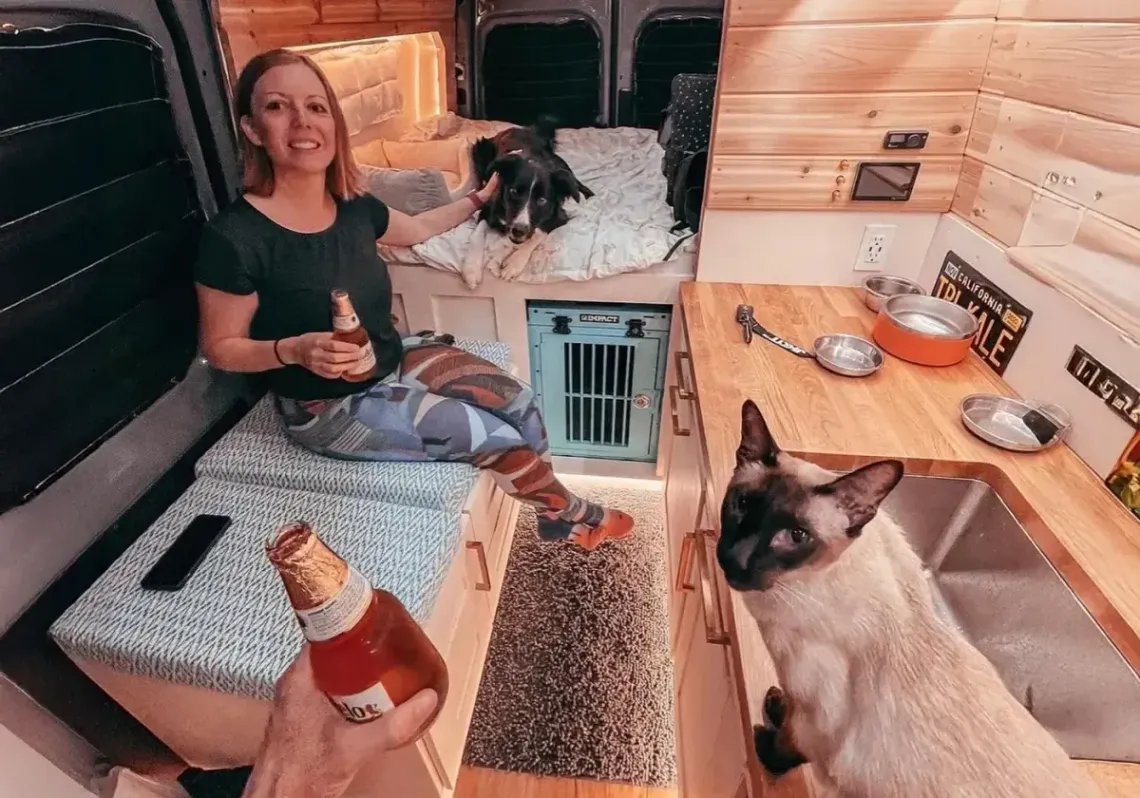

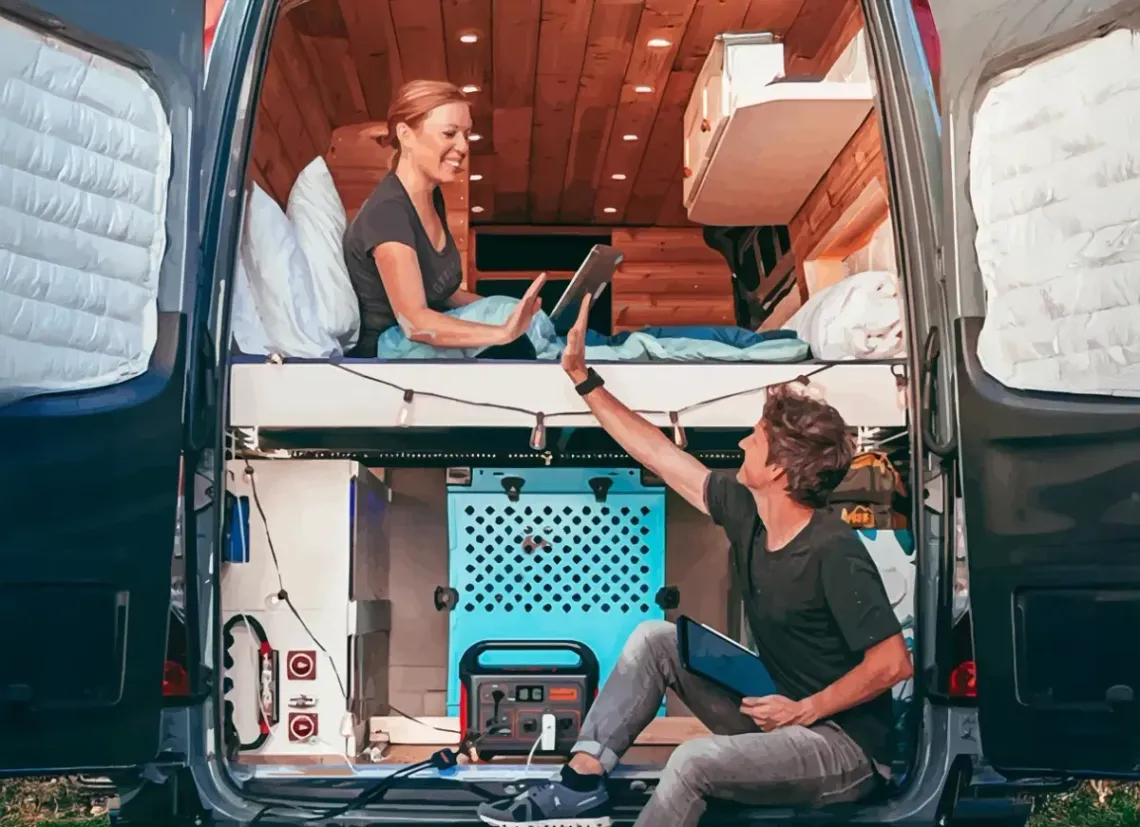

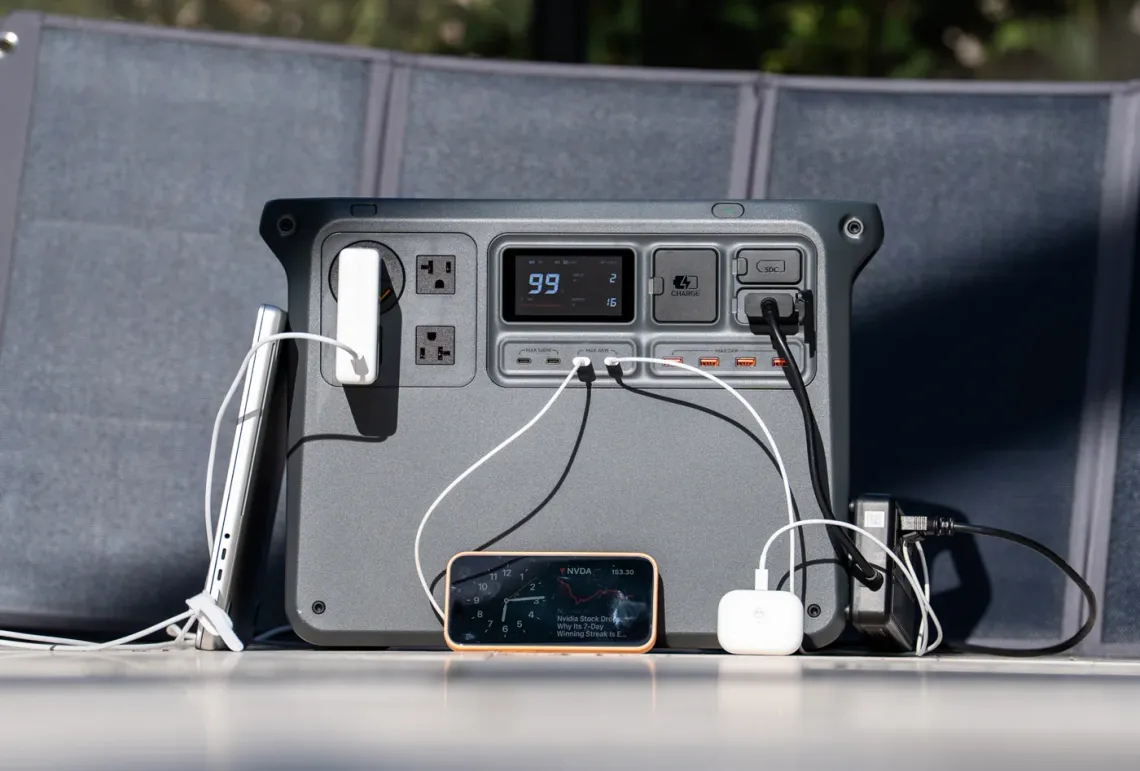
Member discussion